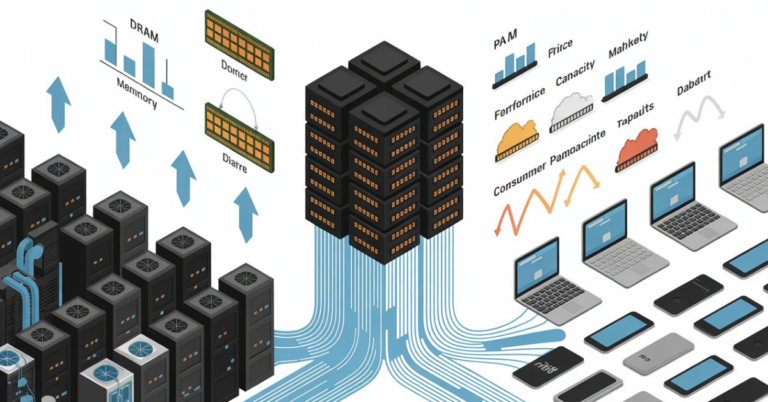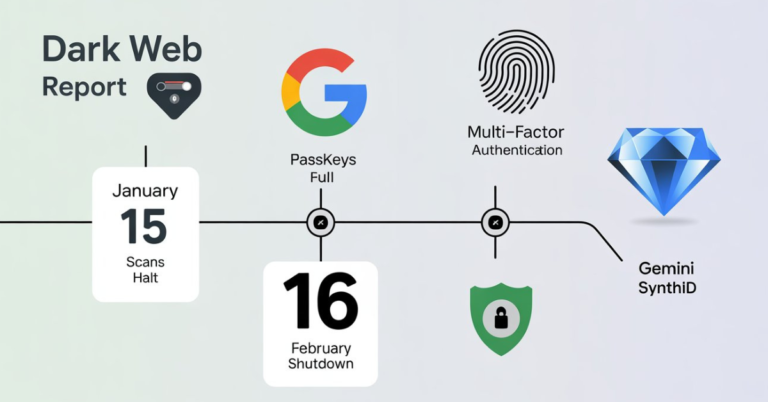Generative AI surged into the spotlight in 2023, but 2024 marked a shift toward the rise of AI-powered agents. What began with Cognition AI’s Devin earlier this year expanded into a transformative movement, reshaping the way enterprises and individuals approach work—spanning everything from software development to personal tasks like vacation planning.
The Emergence of Data Agents
Among the myriad applications, 2024 witnessed the rapid adoption of data agents—sophisticated AI systems designed to handle tasks across the data ecosystem. Some tackled fundamental responsibilities like data integration, while others streamlined downstream operations, including analytics and data pipeline management. These agents made enterprise workflows more intuitive, reducing complexities and empowering teams with efficiency and cost savings.
This revolution raised a pivotal question: How will the role of data teams evolve as automation deepens its influence?

Generative AI Agents Take Charge
Although automation has been part of enterprise strategy for years, generative AI’s capabilities elevated these agents to unprecedented heights. Unlike earlier tools, which could only automate basic tasks, modern agents leverage advanced natural language processing (NLP) and reasoning to perform multi-step actions. They operate autonomously, interact with digital systems, collaborate with both humans and other agents, and continuously improve through learning.
The catalyst for this shift was Devin, Cognition AI’s flagship agent, which scaled engineering operations like never before. Soon, tech giants rolled out their own solutions, tailored for both enterprise and personal use.
Google Cloud, for instance, tackled persistent challenges in the data space with its updated BigQuery platform, powered by the Gemini AI engine. Speaking to VentureBeat, Google Cloud’s Gerrit Kazmaier highlighted how data teams struggle with automating manual processes, streamlining data pipelines, and managing complex datasets. While these teams brim with ideas, their execution is often hindered by time constraints.
Gemini’s agentic capabilities addressed this by automating data discovery, cleansing, preparation, and management. Enterprises such as Julo, a fintech company, used Gemini to automate complex query generation, while Unerry, a Japanese IT firm, deployed it to speed up data analysis. By simplifying pipeline management and enhancing data quality, Gemini allowed data teams to focus on strategic initiatives rather than operational drudgery.
Specialized Startups Push the Boundaries
In addition to major players, innovative startups extended agentic capabilities to more granular data operations. AirByte developed a tool that could create data connectors in seconds using API documentation, while Fastn introduced agents capable of generating enterprise-grade APIs from simple natural language descriptions.
Altimate AI unveiled its DataMates technology, which used contextual AI to streamline documentation, testing, and transformations. Meanwhile, startups like Redbird and RapidCanvas claimed their agents could handle up to 90% of tasks in AI and analytics pipelines, further reducing manual workloads for data teams.
Agents Expand to RAG and Workflow Automation
The versatility of AI agents also made waves in retrieval-augmented generation (RAG) and workflow automation. For instance, vector database Weaviate explored agentic RAG, enabling agents to use tools like web search, calculators, and APIs to retrieve and validate data from diverse sources. This enhanced the accuracy and depth of responses.
Later in the year, Snowflake Intelligence introduced data agents capable of synthesizing insights from structured and unstructured data spread across siloed tools. These agents could answer natural language queries and even execute actions based on generated insights, such as updating Snowflake tables or creating editable files in Google Drive.
A Glimpse into the Future
While this article can only scratch the surface of 2024’s advancements, one thing is certain: AI agents are here to stay. Generative AI models are rapidly evolving, and their integration into enterprise workflows is expected to accelerate. According to a recent Capgemini survey of 1,100 tech executives, 82% plan to adopt AI agents across their tech stacks within the next three years, up from the current 10%. Additionally, 70-75% expressed confidence in delegating tasks such as data analysis and iterative code generation to these systems.
However, AI agents still require human oversight to refine their outputs. This dependency may diminish as the technology matures, paving the way for agents that are faster, more accurate, and less error-prone.
As automation advances, roles in data science and analytics are poised to shift. Professionals may transition toward oversight responsibilities, ensuring AI systems operate as intended, or focus on higher-value tasks beyond the scope of current technology.
The revolution is ongoing, and as 2024 has shown, the impact of AI agents on enterprises—and the workforce—will only grow stronger in the years ahead.















